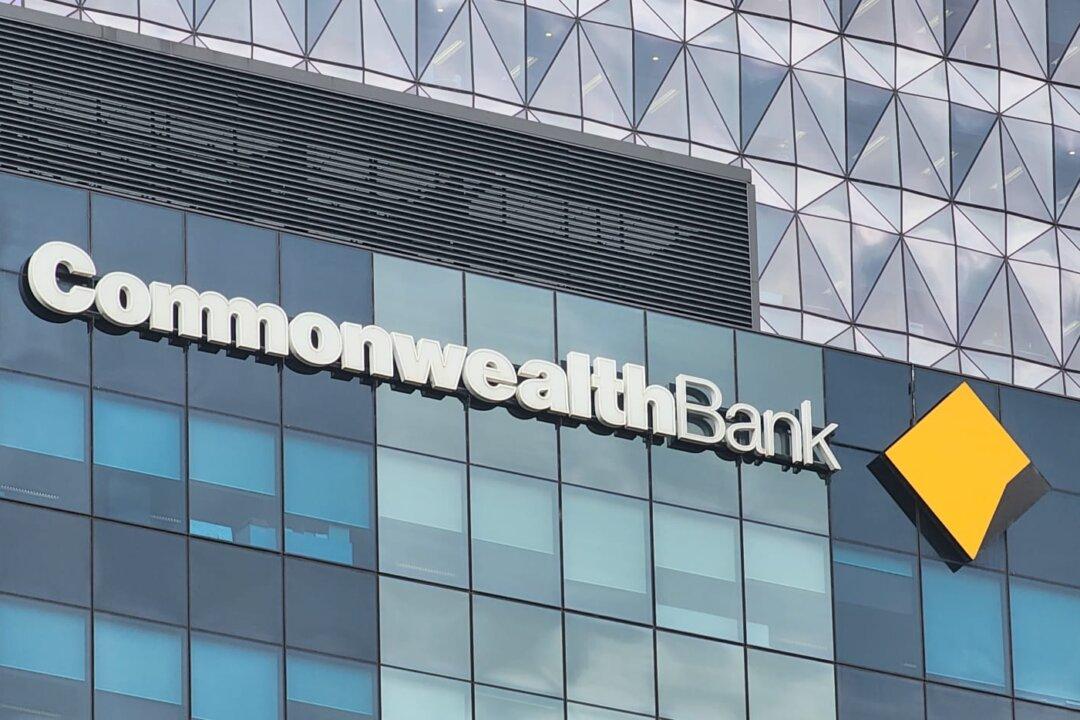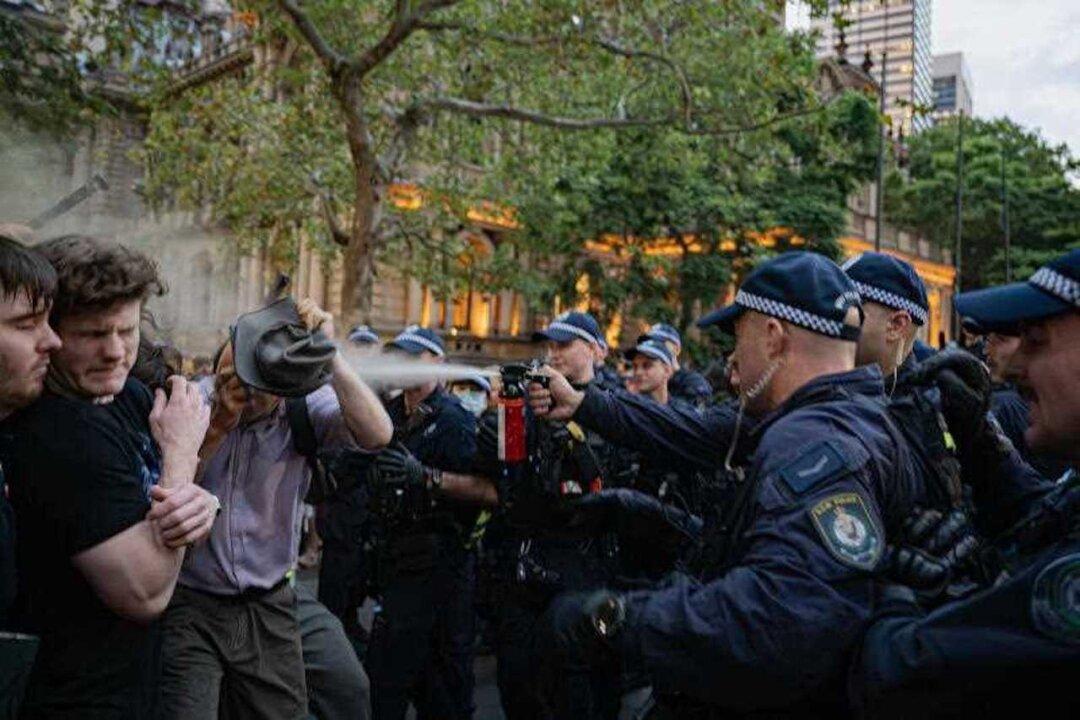Meta has promised better security and support with its monthly subscription service, Meta Verified, but only for personal accounts.
Clinical counsellor Amber Rules hadn’t changed a thing when she was suddenly shut out of her organisation’s Instagram account.





